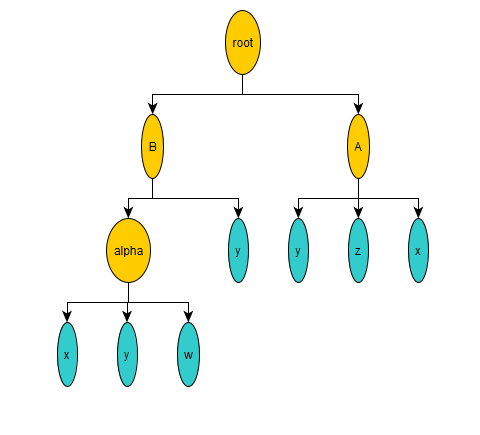I have been experimenting with the idea of function classes as explained in this article and Composition applied to function dependencies as described in the following questions:
- https://stackoverflow.com/questions/58354848/seeking-common-ground-between-object-oriented-structures-and-mathematical-logic
- https://stackoverflow.com/questions/58571505/evaluating-tree-without-having-to-build-an-interpreter-python
Consider the following mathematical functions, where x is a variable and a, b and c are constants:
f(x) = a*x**2+b*x+c
g(x) = a*sin(3*x)
As python function classes these can be expressed as follows:
import numpy as np
class F:
def __init__(self, a, b, c):
self.a = a
self.b = b
self.c = c
def __call__(self, x):
return self.a*x**2+self.b*x+self.c
class G:
def __init__(self, a):
self.a = a
def __call__(self, x):
return self.a*np.sin(3*x)
For several reasons which I prefer not to elaborate here, I prefer to have one meta class which can be instantiated and assigned any function. The difficulty is of course the constants as self is undefined outside of a class. Here's what I mean:
def f(x):
return a*x**2+b*x+c
F = FunctionClass(f)
#how to make a, b and c instance variables?
If I don't do this I am condemned to writing a class for every function, which defeats the purpose of what I am trying to achieve. I've asked a question addressing this on a more technical level in stack over flow but it was not very popular at all
Is there a design pattern or python construct that can allow me to achieve this? Perhaps decorators? Perhaps use of the __dict__ attribute? Any ideas?

